Page 11 • (180 results in 0.024 seconds)
-
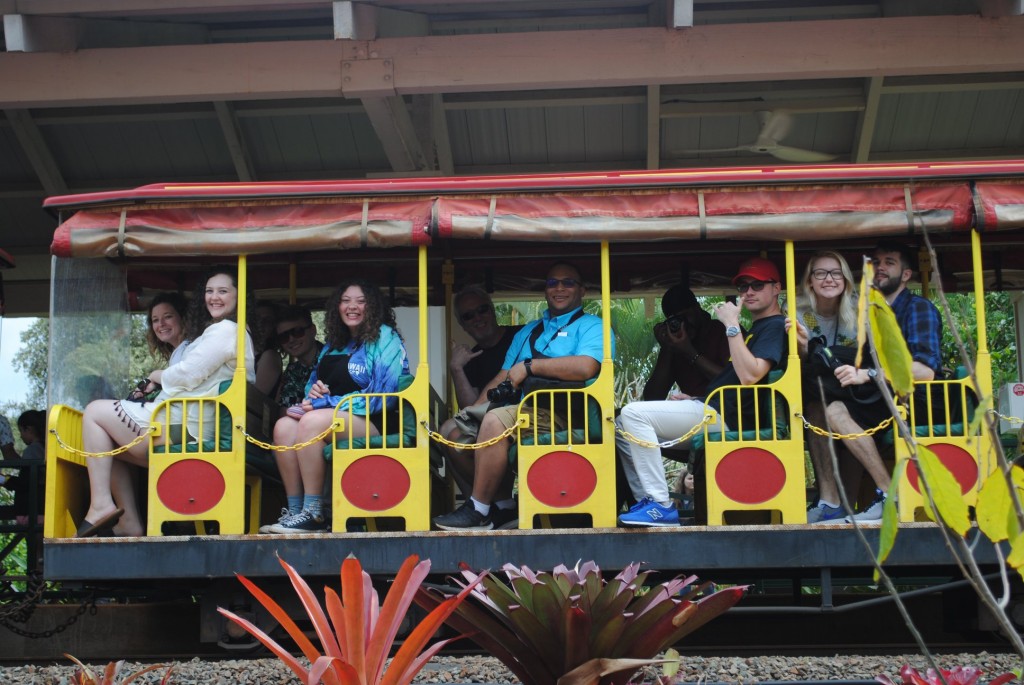
The PLU Wind Ensemble traveled to Hawaii at the end of January for their 2019 Hawaiian Tour. The trip was the groups’ first time touring the islands in over 20 years. The group toured January 23rd – 30th on the island of Oahu, with stops…
restaurants, everything is easily accessible with plenty of opportunity to explore. Our first full day we went to Pearl Harbor, what a humbling experience and such an important and historical site to witness and understand, an extremely valuable experience. Day two brought our first opportunities to share and perform some music. We started by heading north of Honolulu to Leilehua High School – a great exchange and we are so happy to have visited there. Later in the day we had a phenomenal exchange with
-

Music Professor Emeritus Jerry Kracht (conductor, University Symphony Orchestra, 1967-2001) was ready and waiting to celebrate two significant anniversaries in the Department of Music at PLU: ready since 2013 when he composed Fanfare, Fantasia and Finale (On a locally familiar tune) , and waiting until…
kind of fantastical salute to both historical events. It’s dedicated to PLU, the Department of Music, and the University Symphony Orchestra.” Also featured on the program is a performance of Samuel Barber’s Violin Concerto, Op. 14 by violinist Svend Rønning, PLU professor of music and chair of stringed instruments. Tuesday, October 25, 2022, at 7:30 PM Lagerquist Concert Hall Mary Baker Russell Music Center 868 Wheeler Street South Tacoma, WA 98444 Get Tickets Read Previous Choir of the West
-

Translating the Enlightenment The National Endowment for the Humanities (NEH) recently awarded Professor of French Rebecca Wilkin a $133,333 grant under the Scholarly Editions and Translations interest area. Wilkin and her collaborator Angela Hunter, an English professor from the University of Arkansas at Little Rock,…
and scholars is a fantastic feeling,” said Wilkin. “In the humanities, we deal with subjects of universal human import, so we need to be able to explain to people what our scholarship is about and why it matters. Yet that can be hard, especially when we work on historical material or contexts people have little familiarity with.” The Evolution of BehaviorAssistant Professor of Psychology Corey Cook has received a Fulbright U.S. Scholar Award to serve as a visiting researcher at the Social
-
Giving a people a voice, a face Filmmaker Neda Sarmast stood in front of more than 200 attending PLU students preparing for the screening of her documentary. Her film, “ Nobody’s Enemy: Youth Culture in Iran ,” takes the viewer into Iran to learn about,…
of ways, she said. By having films like Sarmast’s available on campus, Dehne said, students can learn perspectives that otherwise may go unnoticed and engage in thoughtful inquiry and discussion. Doorways Editor Chris Albert produced this report. For more information or comments, contact Albert at 253-535-8691 or albertct@plu.edu. Read Previous Offering a historical sense Read Next Gates Sr. urges students to ‘Show up’ COMMENTS*Note: All comments are moderated If the comments don't appear for you
-

Guilt and Innocence – What does it Mean to be Alive? By Julia Walsh ’14 “Do you enjoy your work?” It’s an innocuous, innocent question. Would that it had an innocuous, innocent answer. I came to apply for the Kurt Mayer Summer Fellowship in Holocaust…
anyone and published later. The paper is entitled “Bureaucrats, Soldiers and Murderers: Issues of Guilt and Responsibility in Holocaust Literature” and I would like to think that while it does not answer the question of why these patterns occurred it does give some evidence that these patterns are there. I started with an outline, knowing what I needed to read to answer questions about guilt and innocence – that is, I needed volume as well as depth, and historical information on top of literary
-
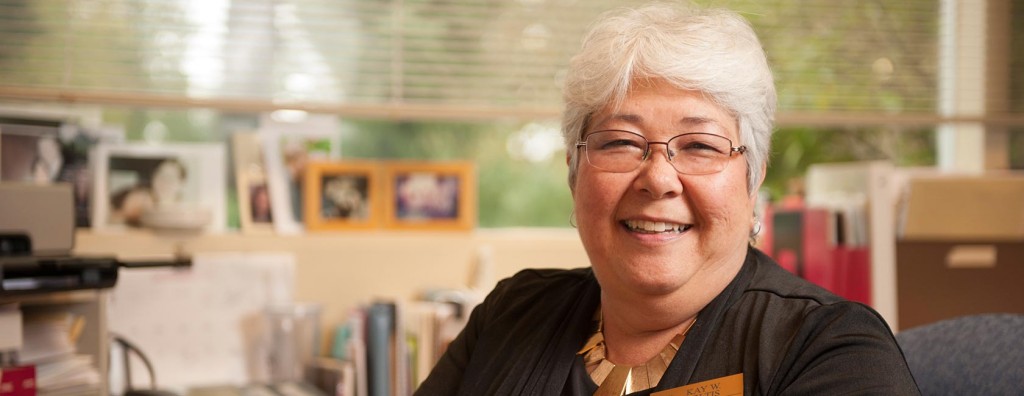
TACOMA, WASH. (October 28, 2015)-Pacific Lutheran University is on the cutting edge of the U.S. government’s financial aid process. The National Association of Student Financial Aid Administrator (NASFAA) was looking to recommend changes in how students submit their Free Application for Federal Student Aid (FAFSA)…
changes in how students submit their Free Application for Federal Student Aid (FAFSA) forms. But first, they needed schools to help them out. Kay Soltis, PLU’s Director of Financial Aid, offered up PLU’s financial aid historical information as part of the government’s research. From there, Soltis became a key player in the new government financial aid initiative, Prior-Prior Year (PPY), which will allow schools to use a family’s tax information from two years prior to establish a financial aid offer
-
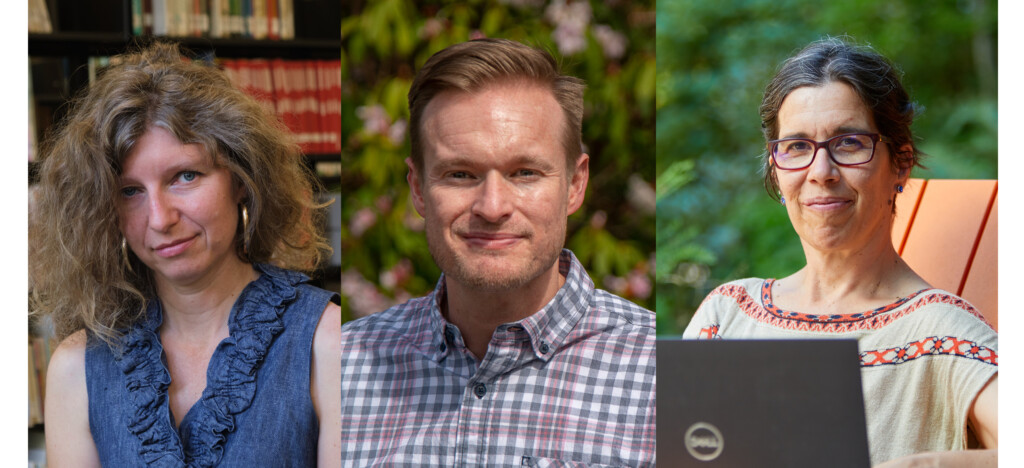
Translating the Enlightenment The National Endowment for the Humanities (NEH) recently awarded Professor of French Rebecca Wilkin a $133,333 grant under the Scholarly Editions and Translations interest area. Wilkin and her collaborator Angela Hunter, an English professor from the University of Arkansas at Little Rock,…
students and scholars is a fantastic feeling,” said Wilkin. “In the humanities, we deal with subjects of universal human import, so we need to be able to explain to people what our scholarship is about and why it matters. Yet that can be hard, especially when we work on historical material or contexts people have little familiarity with.” The Evolution of BehaviorAssistant Professor of Psychology Corey Cook has received a Fulbright U.S. Scholar Award to serve as a visiting researcher at the Social
-
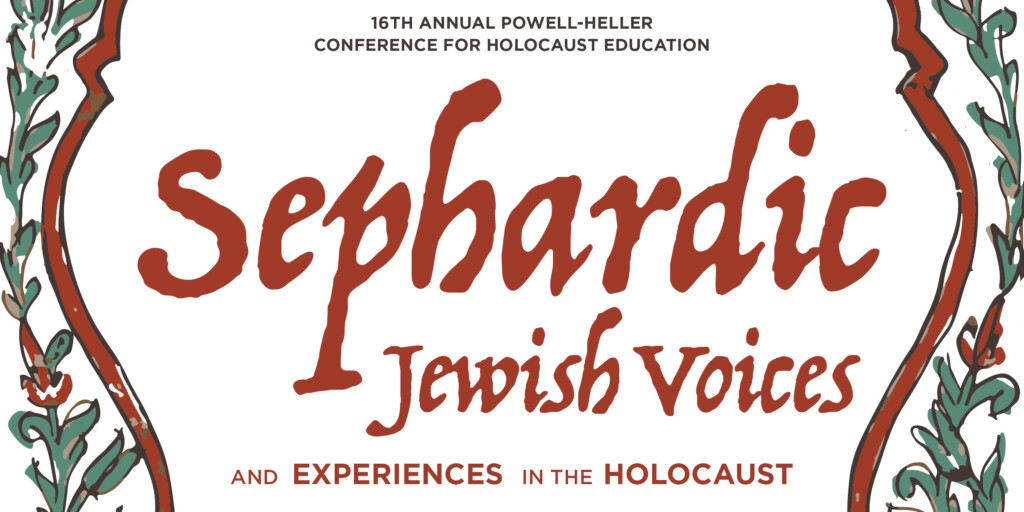
PLU will host the 16th Annual Powell-Heller Conference for Holocaust Education from November 6-8, 2024. This year’s conference, titled Sephardic Jewish Voices and Experiences in the Holocaust, focuses on the lesser-known stories of Sephardic Jews during World War II. The conference brings together scholars and…
Holocaust education, ensuring the stories and lessons of the Holocaust continue to be shared and remembered. By focusing on the experiences of Sephardic Jews — a group often overlooked in mainstream Holocaust education — the conference broadens the conversation through scholarship, personal testimony, and historical research, deepening our understanding of this complex and devastating period in history. The event is free and open to the public, but registration is required. For more information about
-
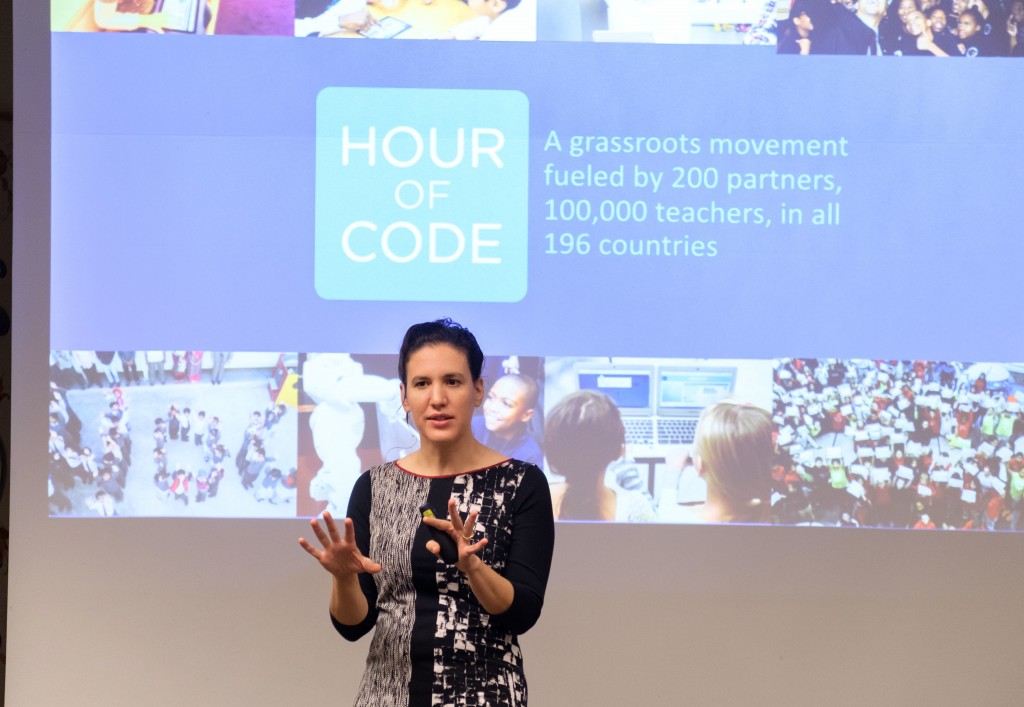
Computer science drives innovation throughout the US economy, but the subject remains neglected or marginalized in K-12 education. Can more be done to improve student access to this important way of thinking? Please join Alice Steinglass of Code.org on October 9, 2018 at Pacific Lutheran…
that have shaped contemporary culture and society. The program encourages historical reflection, creative problem solving, and ethical leadership across campus. To prepare for this year’s Benson Lecture, PLU students are studying how early computer science instruction has influenced business and the economy in a wide range of courses, including offerings from Innovation Studies, Computer Science, Philosophy, Education, and the School of Business. For more information, contact Dr. Michael Halvorson
-

In a world that is so hyper-focused on economic success and finding the “right” career, many students tend to think of their education solely in terms of concrete professional goals. In my conversation with Visiting Assistant Professor Luke Parker in the Classics department, though, I…
encouraging his students to find theirs, as well. Professor Parker understands the Classics as “a kind of archive in which we can see highly diverse people and cultures reflecting life’s meaning in all kinds of historical circumstances.” So, he helps students to learn from ancient texts about questions and ideas that can inform, guide, and raise questions for a meaningful life. Ancient texts are not just records of the past; they also invite interpretation and ask readers to determine what they value and
Do you have any feedback for us? If so, feel free to use our Feedback Form.


